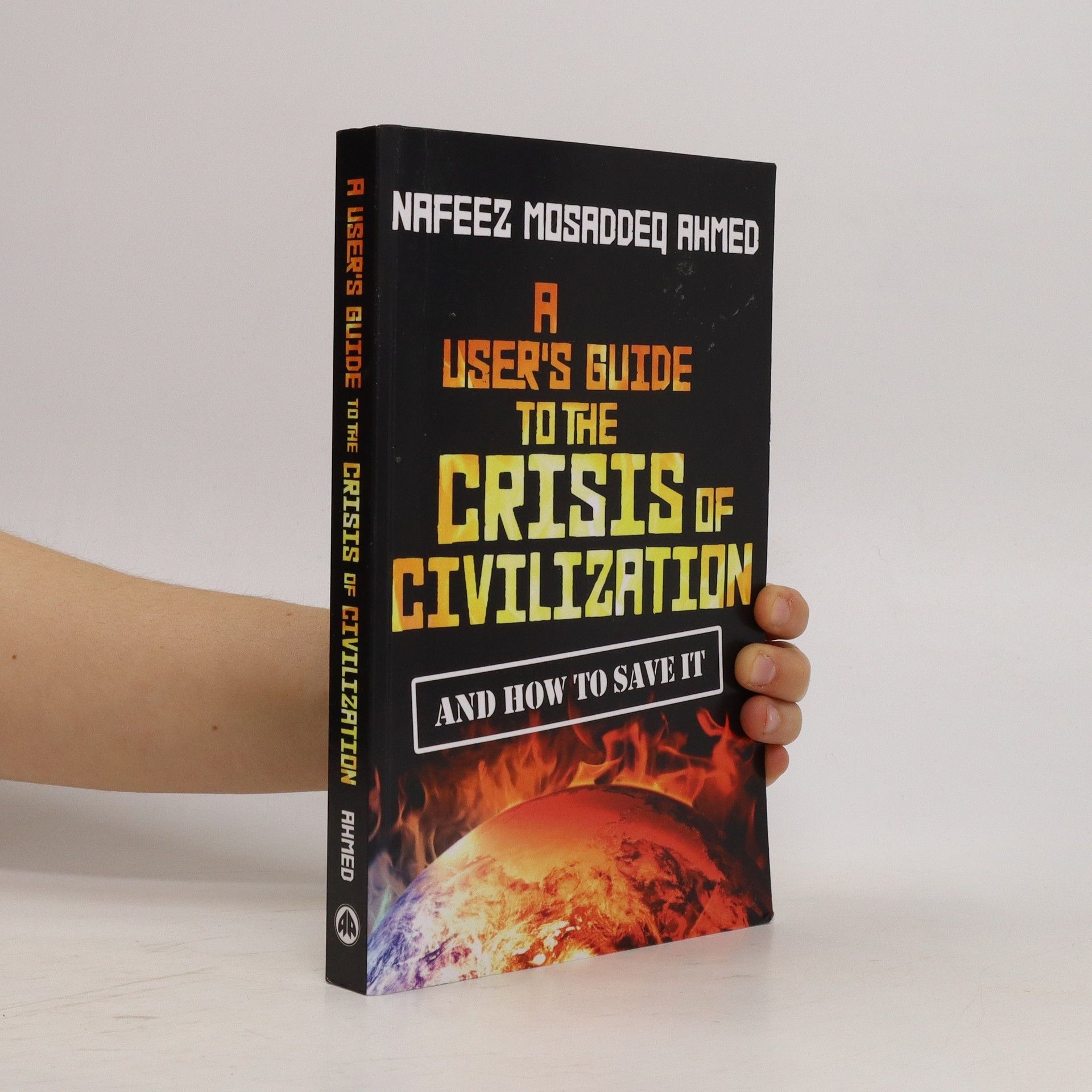Behind the War on Terror
- 352 stránek
- 13 hodin čtení
Using official sources, Ahmed investigates U.S. and British claims about Iraq's WMD programs and in the process reveals the hidden motives behind the 2003 invasion and the grand strategy of which it is a part. He shows that the true goals of U.S.-British policy in the Middle East are camouflaged by spin, P.R. declarations and seemingly noble words. The reality can only be comprehended through knowledge of the history of Western intervention in the region. Ahmed demonstrates that such intervention has been dictated ruthlessly by economic and political interests, with little regard for human rights. He traces events of the past decades, beginning with the West's support for the highly repressive Shah of Iran, his subsequent usurpation by the Ayatollah's Islamist regime and the West's resultant backing of Saddam Hussein.



